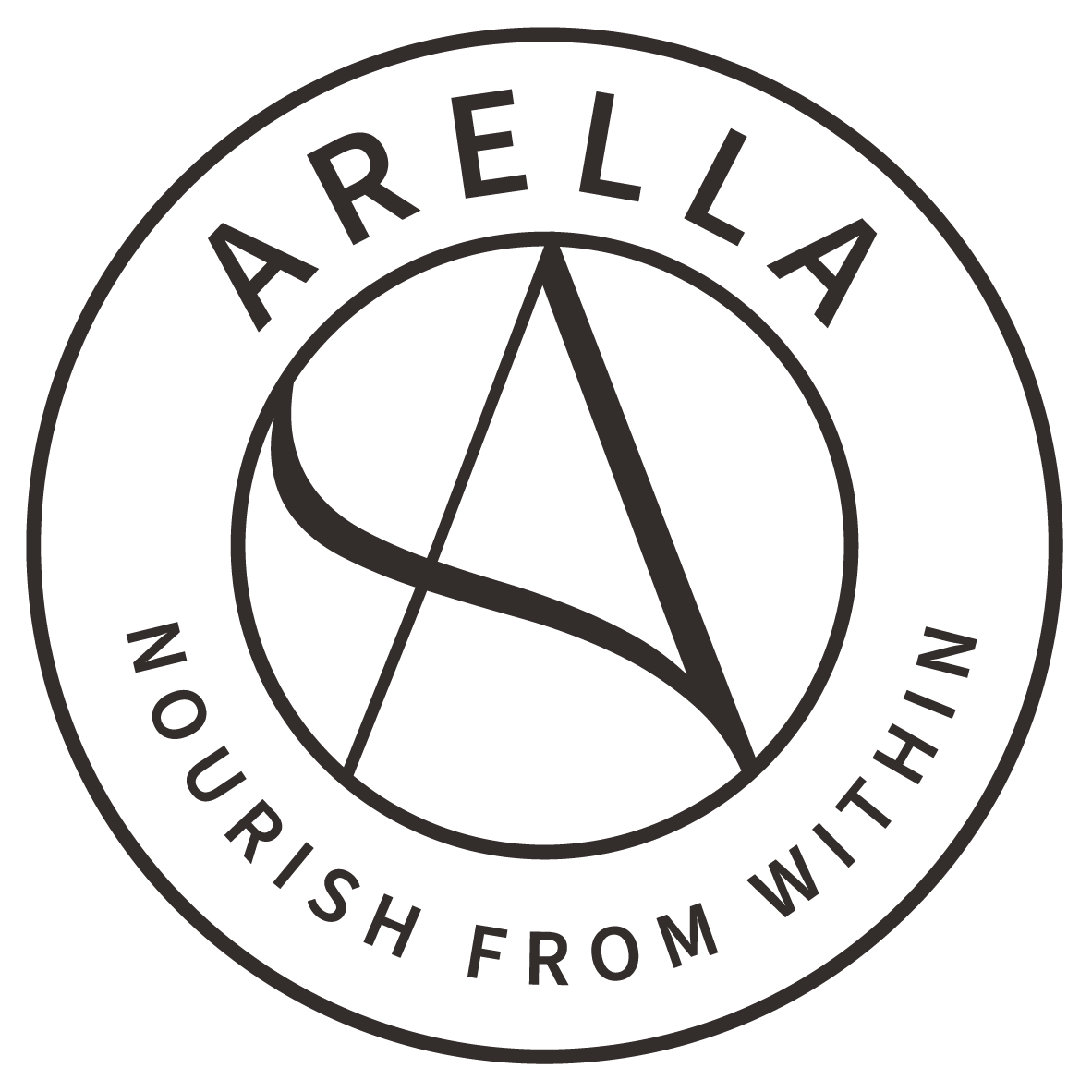Collagen is the body’s most abundant protein, a key ingredient in skin hydration, bone and muscle strength and wound healing.
There is barely a part of us that isn’t in some way supported by this protein, or enhanced when our bodies start to produce less collagen.
So it’s no surprise the market for collagen supplements has boomed as women and men seek to maximise the advantages of this essential protein.
It leads, naturally, to an important question: can you take too much collagen?
As well as providing an answer, we will also explore in a little more detail why collagen is so important, and why our delicious, plant-based supplement gives you all the benefits without harming the environment.
Collagen and our bodies
First things first: collagen is a structural protein produced naturally by our bodies.
It is present almost everywhere: in our skin and hair, internal organs, bones, muscles and connective tissue.
Collagen takes a triple helix form, and acts as a form of scaffolding: lending strength and support to our skin layers, bones and muscle mass.
It also helps retain water, bringing hydration and flexibility to wherever the collagen is found, from our skin and hair to gut lining.
By the time we reach our late twenties to mid-thirties, our bodies produce less collagen, dropping by around 1% per year. A decade later, that decline increases significantly, often coinciding with a drop in oestrogen in women.
The impact of collagen decline
The drop in collagen naturally generated by the body can result in significant changes. Our skin can become dry and look dull, while fine lines can appear.
Our hair and nails suffer the same lack of hydration, becoming brittle, while our bones and muscles weaken, and our joint health can decline.
Reduced collagen levels can also lead to digestive problems and less flexible blood vessels, potentially impacting our heart health.
Luckily, there is a way to combat all these issues: collagen supplements.
Introducing collagen peptide supplementation

Around 50 years ago, collagen protein was added to dietary products as an alternative energy source to sugar, and global demand has skyrocketed ever since.
Today, consumers can choose from a vast array of collagen proteins, most of which are made from what are known as collagen peptides.
These are tiny fragments of collagen that the body is able to break down and absorb. There are just two sources of collagen peptides: animals and fish.
Bovine and marine collagen
Most collagen supplements break down into two groups: animal or bovine. Collagen peptides from the latter are extracted from the hides and byproducts of cows, pigs and other, similar animals.
As the name suggests, marine collagen peptides are extracted from the skins of various fish species whose populations are not under threat.
Whether from marine or animal sources, both are hydrolysed: their collagen has been broken down into miniscule peptides.
The combined markets for bovine and marine hydrolysed collagen are expected to be worth around £1.7 billion by 2032, but the environmental damage caused by the industry is already being felt.
That’s why we found a third way.
Our plant-based collagen supplement
There are 28 different types of collagen naturally produced by humans, of which around 90% is Type I, while collagen type II to V make up the last 10%.
Animal and bovine collagen is similar but not quite the same as ours. In 2022, the world was introduced to VeCollal®, the first plant-based collagen type that offered an alternative to animal sources.
VeCollal® is a biomimetic alternative. It mimics the chain of essential amino acids we use to produce collagen protein to create the exact amino acid profile of human Type I collagen.
It provides a 100% match to our collagen without harming a single creature, and is the foundation of our plant-based liquid supplement.
The benefits of taking collagen supplements
Because collagen is necessary to so many different parts of the body, there are lots of advantages to be gained from taking collagen supplements daily.
Let’s start with the benefits you can see.
Better skin health
The slowdown in collagen output has a significant impact on our skin, both in laxity and its overall appearance.
Taking collagen supplements helps increase our natural levels of this structural protein, bringing support and hydration to multiple layers. Collagen can also help minimise acne scarring and promote wound healing.
The overall results can be impressive: skin feels firmer and plumper, while fine lines are erased. Collagen’s stimulation of cell production also leads to a fresher, more youthful looking skin.
Healthy hair
It’s exactly the same story for our hair too: more hydration to our strands from collagen means glossier hair that looks and feels thicker or fuller.
Collagen supplements can also reduce hair loss too, thanks to the added hydration to the skin of our scalp.
Better nails
The hydrating properties of our plant-based liquid supplement also extend to your nails.
Where once they were brittle, dry and ridged, collagen helps plump them out, making them smoother and stronger.
For some people, collagen supplements also make their hair and nails grow faster but more research is needed to clarify this.
All of which is great for our self confidence, but what is collagen doing on the inside of our bodies?
Increases muscle strength
Our plant based supplement helps kick-start the body’s natural collagen synthesis, delivering this protein where it’s needed most.
People who take a daily collagen supplement for an extended period may see an improvement in their muscle strength, muscle mass and connective tissues.
A study found that elderly sarcopenia men who took collagen supplements after resistance training saw an increase in muscle mass and strength.
Denser bones, stronger joints
Studies have also shown that a daily collagen supplement can also be beneficial for people with painful osteoarthritis, relieve symptoms of rheumatoid arthritis and ease joint pain.
As well as enhancing bone density and making them stronger, a placebo controlled trial showed the extra boost of collagen could also help ease joint pain.
Enhanced heart and gut health
Our plant-based liquid supplement can also bring hydration to other, more surprising areas of the body.
In our gut, collagen can help maintain the health of this delicate ecosystem, while collagen’s role in keeping our arteries and blood vessels flexible, preventing vascular calcification, can be a key factor in heart health.
So, can you take too much collagen supplementation?
We are advised to take all things in moderation and the same applies to how much collagen we consume.
Each collagen type is present in certain foods, from bone broth and citrus fruits to leafy greens. Adding collagen content to your diet, alongside an oral supplement, is an easy way to maximise all the health benefits.
Although there are no official guidelines about how much collagen people should take on a daily basis, a 2019 review of clinical studies concluded that 2.5 to 15 grams of hydrolysed collagen peptides per day could be safe and effective.
Our plant-based supplement contains a generous 25 grams of the VeCollal® amino acid blend to kick-start collagen production, 30 grams of soluble fibre - and that’s just the start.
A pouch packed with powerful plants

Each 30ml pouch also includes Panax ginseng, which can help boost the synthesis of Type 1 collagen.
Then there’s collagen stimulant retinol (Vitamin A), which has an anti-inflammatory effect and stimulates cell turnover.
Vegan-friendly Hyaluronic acid is an all-rounder: it helps increase collagen, hydrate skin, relieve joint pain, repair acne and increase skin elasticity.
Next is Biotin, which research shows can boost skin hydration, give us healthy hair and strengthen fingernails.
Bringing up the rear are Vitamin C, one of our other nutrients essential for collagen production, and niacin, which contributes to the reduction of tiredness and fatigue.
Last, but not least, our liquid supplement is infused with the taste of Japanese plum - much better than some flavourless or fishy collagen products.
What happens if you take too much collagen?
Side effects from collagen supplementation are very rare. Aside from irresponsible dosing of collagen powders, liquids or capsules, there are a few circumstances in which people could have an excess of collagen in their bodies.
Autoimmune diseases
Conditions such as systemic scleroderma can lead to someone having too much collagen, because their body's immune system attacks cells including the fibroblasts behind collagen synthesis.
Genetic mutations
Genetic abnormalities can lead to overproduction as well as changes in the structure, or function of collagen in the body.
Tissue damage
Collagen can help with the wound healing process and blood clotting, but if tissue is badly damaged, the body may produce too much collagen, leading to problems such as skin keratinisation.
Hormonal disorders
Inflammatory conditions can also lead to the overproduction of collagen. A good example is a spike in the stress hormone cortisol can trigger fibroblasts to unnecessarily ramp up collagen output.
Symptoms of collagen overdose
Although the notion of collagen overdose may sound alarming, it bears repeating that negative side-effects from collagen supplements are very rare.
Problems that have been reported from people taking collagen supplements include feeling bloated, digestive discomfort, and other stomach complaints such as constipation or diarrhoea.
Having too much collagen in the body can lead to symptoms such as a thickening and hardening of the skin, tingling or numbness in the fingers and toes and joint pain.
They can also include gastrointestinal problems, such as heartburn, bloating or constipation, muscle weakness, heart palpitations and chest pains.
If you are experiencing any of these symptoms and think you may have taken too much collagen, speak to your doctor or a healthcare provider as soon as possible.
When it comes to how much collagen you should take per day, stick to our recommended dosage of a single pouch to get all the benefits.
Try our plant-based liquid supplement
Our plant-based liquid supplement is the ideal solution for anyone feeling the effects of a drop in their body’s collagen production.
It’s convenient, tastes great and at only £1.71 per day, you get all the benefits of collagen for less than a takeout coffee.
Our offers include a 14-day subscription. Find all the details here.
Questions or queries? Get in touch
If you want to ask us anything about our plant-based liquid supplement, or any of the other products in the Arella range that aren’t covered by our FAQs, drop us a line.
You can email us at info@arella-beauty.co.uk, telephone 03303 209 190, or fill in this contact form and we’ll get back to you straight away.




